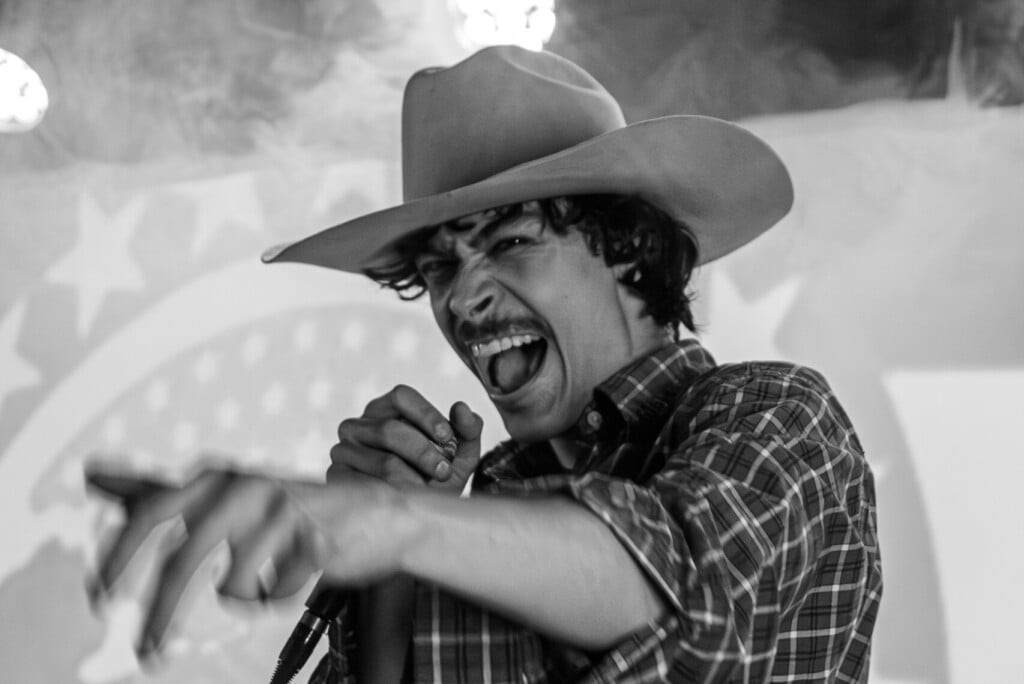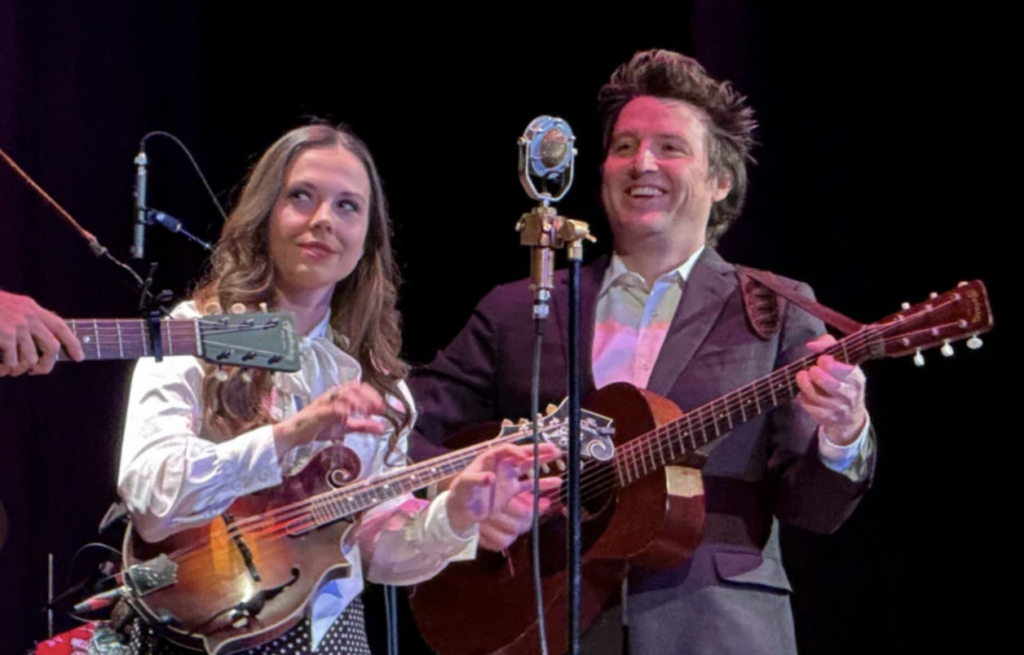Crazed and Excused
Two decades ago, Tennessee Williams offered some advice to young playwrights: “Don’t bore the audience. I mean, even if you have to resort to totally arbitrary killing onstage or pointless gunfire, at least it will capture their attention and keep them awake.”
For 21-year-old Leah Green, keeping the audience awake and at attention is doubly important because she also directs the student production of her dark comedy, Pleading Insanity. The one-act play is featured in Theatreworks 2001, a night of original short stage works at Rockhurst University. The play is three vignettes (none of them involving arbitrary killing or pointless gunfire) that are, says Green, “thematically related, but none of the characters know each other.”
“All three scenes explore the different kind of insecurities that everyone has,” Green says. “Sometimes people act crazy as a way of coping but aren’t really crazy at all.”
Green’s interest in sanity and lunacy dates back to her childhood: Her father owned a home for mentally ill adults. “I grew up seeing the residents as different, cool and interesting people, not crazy,” says Green. “The people we label as crazy live in a different reality but deal with the same sort of issues that we all deal with.”
For one of the characters, Green says, “insanity, or faking insanity, is a way to get away with things.” And one vignette features two characters who are institutionalized, “but by the end of the play, the characters seem to be waffling on the line between what we see as normal and what isn’t.”
A Rockhurst senior majoring in theater and English, Green plans to take a year off and travel after she graduates, then get a degree in playwriting. The Blue Springs native also finds directing her own plays to be “easier than giving it up to another director’s vision.”
In what feels like an appropriately contradictory observation, she says, “Being the playwright doesn’t make me more rigid with my words, but less so.”




